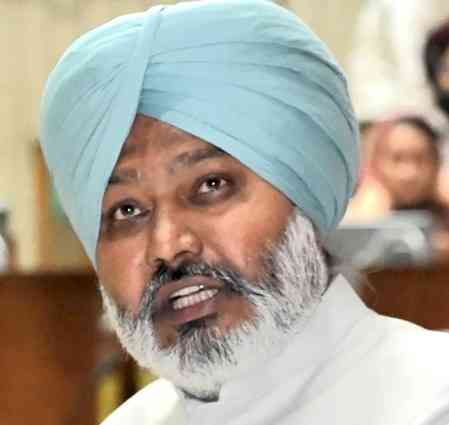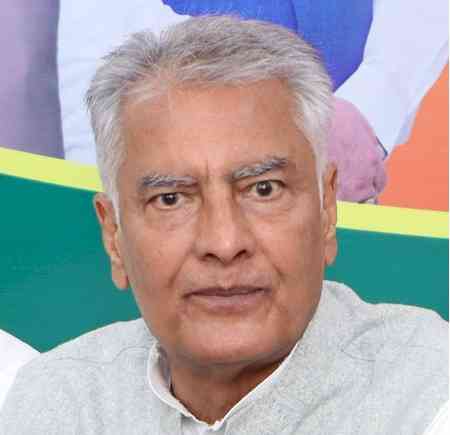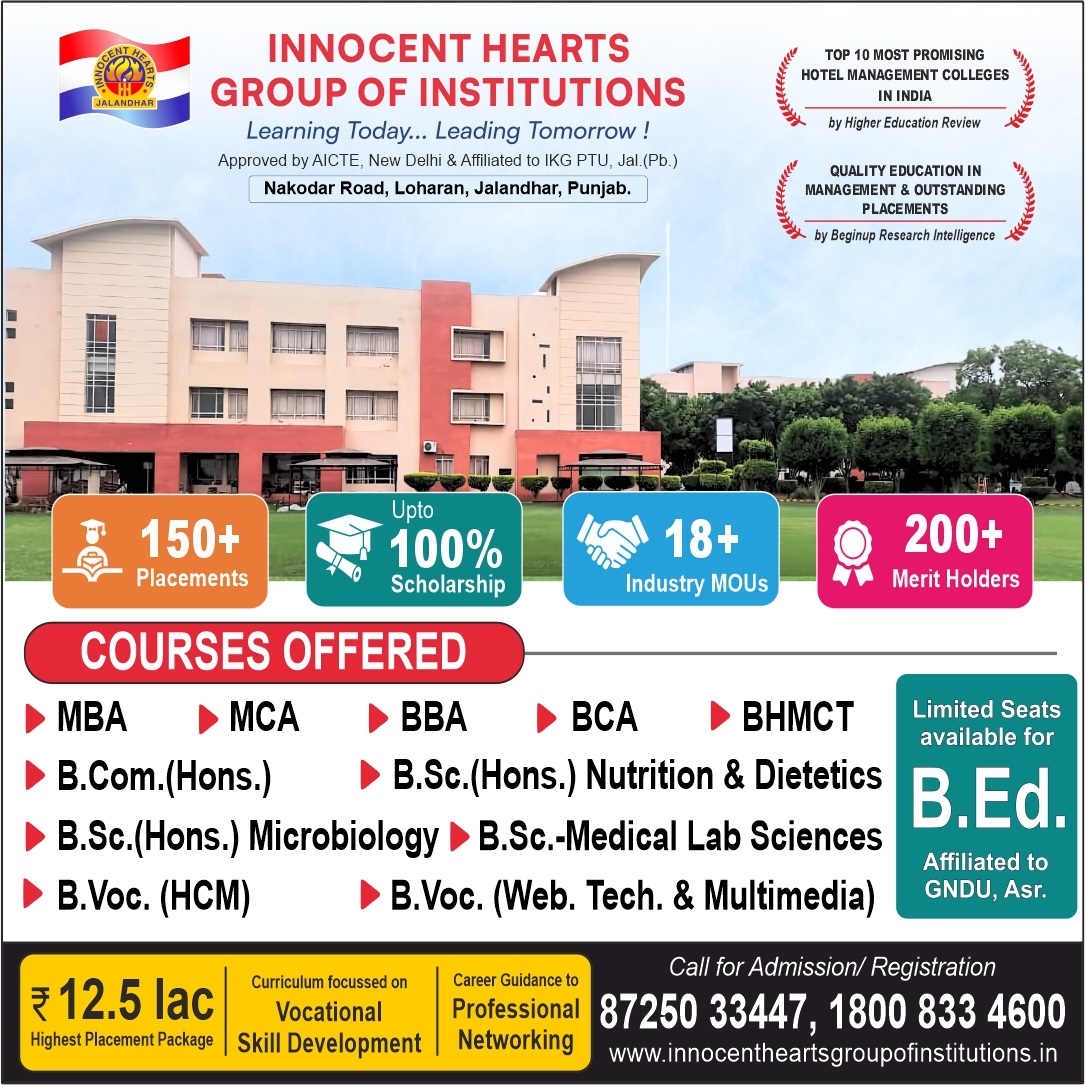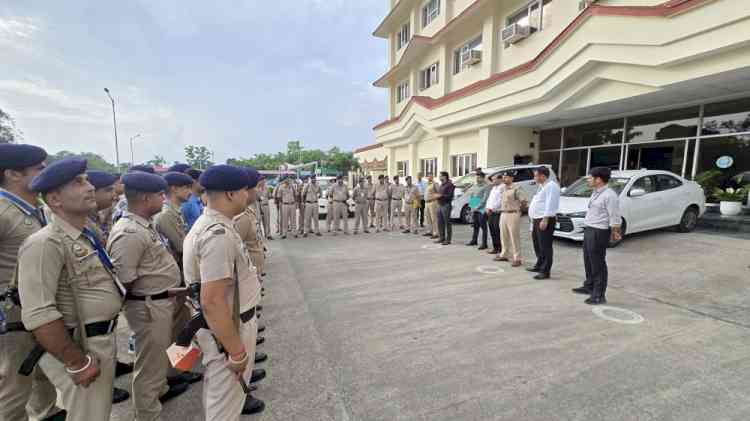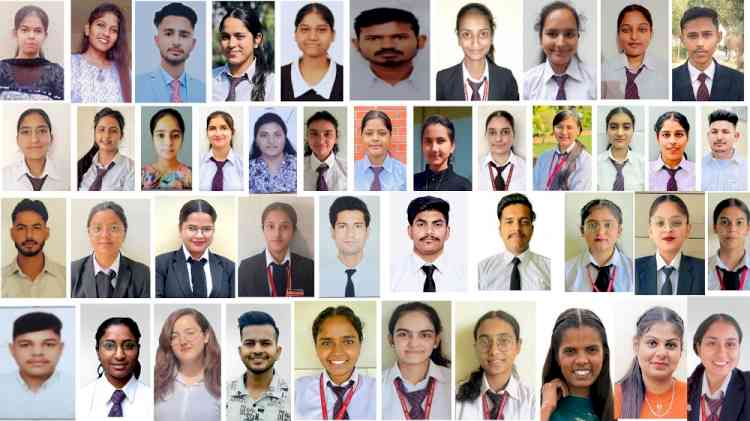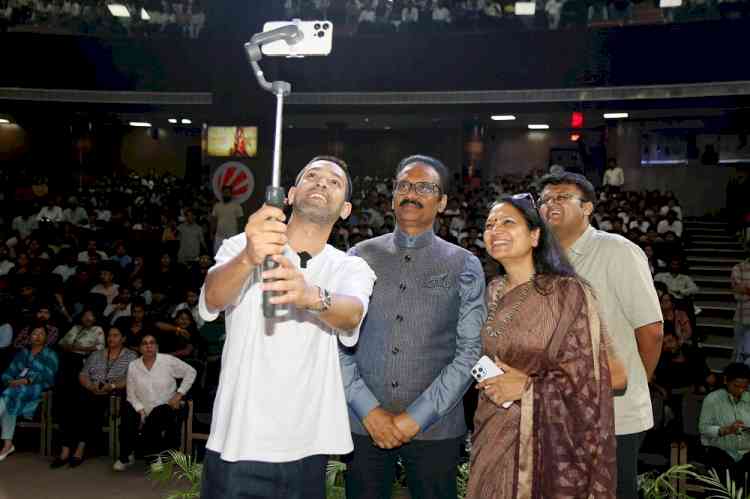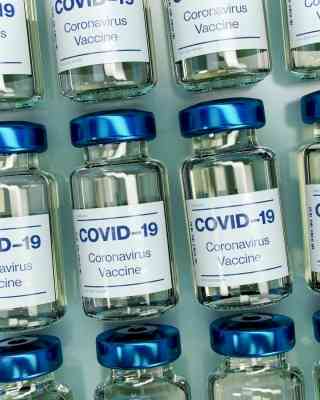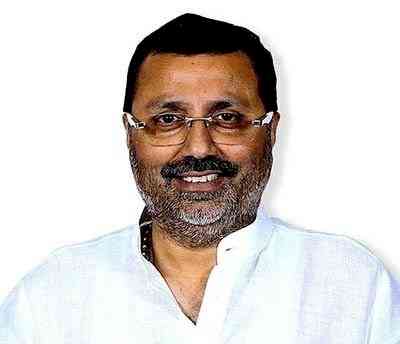ICAR-CIPHET signed MoU with Department of Consumer Affairs, New Delhi

Ludhiana, October 12, 2018: ICAR-Central Institute of Post-harvest Engineering and Technology, Ludhiana, a premier institute under the aegis of Indian Council of Agricultural Research, New Delhi has signed a Memorandum of Understanding (MoU) with Department of Consumer Affairs, Ministry of Consumer Affairs, Food and Public Distribution, Government of India, New Delhi. Dr RK Singh (Director, ICAR-CIPHET) on behalf of Indian Council of Agricultural Research and Sh. Abhay Kumar Singh, Director, Price Monitoring Cell, on behalf of Department of Consumer Affairs has signed this MoU. Dr RK Singh said ‘this MoU is related to development of protocols for shelf-life, safe storage, milling outrun and indicative norms for procurement of major pulses. A total amount of about Rs. 2.40 crores is approved under this project and ten major partner institute will be involved with ICAR-CIPHET as lead institute’.
Import of pulses is increasing every year due to increase in domestic demand. India is importing about 4-5 million tonnes pulses annually. Recent break-through in pulse production was achieved due to enhanced Government support to farmers, improved varieties and favorable weather conditions. Further, the Government of India has decided to create buffer stock for pulses with substantial support to the farmers in the form of increase in minimum support prices of pulses. These initiatives resulted into stable prices of pulses with insured market for the farmers for their produce. National Agricultural Cooperative Marketing Federation (NAFED), Metals and Minerals Trading Corporation of India (MMTC), Food Corporation of India (FCI), Small Farmers Agribusiness Consortium (SFAC) and State Trading Corporation (STC) are involved in procurement/import of pulses, as the case may be, while Central Warehousing Corporation (CWC), State Warehousing Corporation (SWC), and Food Corporation of India (FCI) provided infrastructure for storage and distribution of pulses. The storage of pulses was done at 400 locations in different part of India in 2016-17.
Procurement of pulses at large scale from farmers for buffer stock may lead to quality issues and low recovery in long-term storage and milling outturn. Storage of pulses is entirely different from food grains storage due to the requirement of different environmental conditions and management practices. Therefore, storage management practices for bulk storage in go-downs should be suggested to avoid losses during storage. Several studies have shown that milling outturn is greatly affected by variety, storage duration, and storage conditions. Dynamic storage of pulses involves huge investment in procurement, handling, transport, storage, milling, and further distribution. Thus, it becomes essential to have norms for storage, milling outturn ratio and indicative norms for procurement for best possible management of pulses in India.
Dr RK Singh (Director, ICAR-CIPHET) has briefed that this project will develop pulse and dhal storage management practices norms for different regions of India. Moreover, the evaluation of the effect of storage conditions on shelf life, milling outturn ratio and dhal quality as well as identification of indicative norms for procurement of selected pulses for buffer stock management in present infrastructure will also be established after systematic studies under the project.


 cityairnews
cityairnews 

